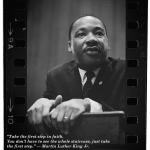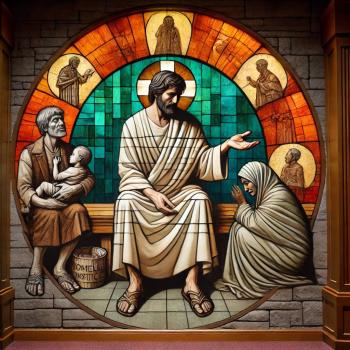
In for a penny, in for a pound.
Throwing good money after bad.
Do you ever regret a decision and yet despite the regret, you persist in the decision?
We keep reading a book, watching a movie, eating a meal, living a life where we’ve invested time and money and energy and spirit. We don’t make the difficult admission that we invested poorly and simply quit.
People stay in churches, jobs, relationships, long after they should’ve made the painful choice to sever ties and move on.
People persist in unhealthy situations because the anticipated pain of stopping a current action is greater than the actual pain of doing something different.
This is why the game show Deal or No Deal worked. People kept playing long after they should have quit and taken a lucrative prize. They threw good money after bad, because they felt too invested to stop, regardless of the unpleasantness of the next choice.
Some highlights from this long article by David McRaney explains it very well, using Facebook’s Farmville as an example:
“A loss lingers and grows in your mind, becoming larger in your history than it was when you first felt it. Whenever this clinging to the past becomes a factor in making decisions about your future, you run the risk of being derailed by the sunk cost fallacy…
“The fallacy prevents you from realizing the best choice is to do whatever promises the better experience in the future, not which negates the feeling of loss in the past…
“You return and click to patch cracks in a dam holding back something icky in your mind – the sense you wasted something you can never get back…
“It could be a degree you want to change, or a career you want to escape, or a relationship you know is rotten. You don’t return to it over and over again to create good experiences and pleasant memories but to hold back the negative emotions you expect to feel if you accept the loss of time, effort, money or whatever else you have invested.”
According to this article, “we fall victim to the sunk cost fallacy because we are emotionally invested in whatever money, time, or any other resource we have committed in the past.”
This phenomenon governs our lives in ways we don’t even realize.
We do it so often that it’s part of our personalities, our second nature.
We can spend years carrying belongings from place to place, packing, unpacking, investing time, long after the objects give us joy or pleasure. We also carry emotions with us, some that become little more than hindrances, as we try to navigate life weighted down, afraid to release the past.
To live into our fullness, we much break the cycle of dragging our past into our future.
We must stop throwing away our lives in situations that are not of God, that don’t bring happiness, that don’t help others or the world.
Jesus came that we might have life more abundantly. Jesus tells us to live into life by being as open and receptive as children.
God’s love is written upon our hearts. When we live into God’s love, and let the past stay in the past, we can begin today to change tomorrow.













